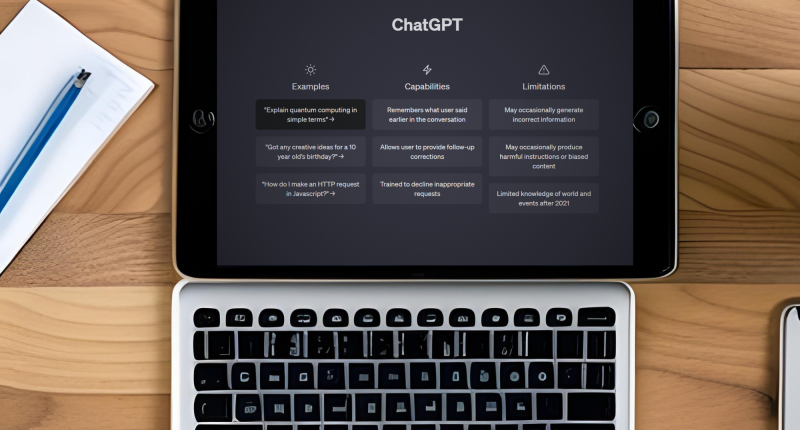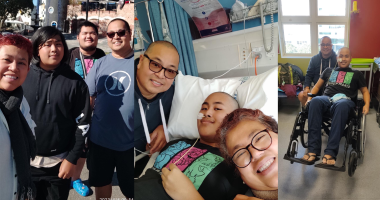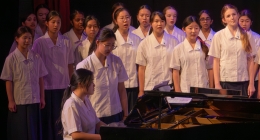ChatGPT has been dominating the artificial intelligence (AI) scene and, with its functions of writing essays or generating information without having to search for it, there is just one issue around this ‘life-saving’ tool.
Academic integrity.
According to the University of Auckland, academic integrity is defined as the honesty that you have in your studies and assignments. According to the Victoria University of Wellington, understanding academic integrity means that you can build on the ideas, research, and inspiration of others while developing and expressing your own ideas.
In short, academic integrity is all about not cheating and not plagiarizing when submitting your work.
ChatGPT is not just used for academics; people use it to write recipes, people use it to research laws, and people use it purely for entertainment. My form teacher would often show us a poem ChatGPT wrote about a topic he gave it (they were… interesting). My choir teacher translated a German song into ‘Gen Z’ language and posted it to our Google Classroom for fun.
At first, I was reluctant to use ChatGPT due to the stigma behind it. But at some point, I got tired of making and researching my own essay plans. Now, let me make it clear that I wasn’t asking it to help me because I didn’t know; I did, I just didn’t want to look through my hundreds of pages of notebooks and textbooks when I didn’t know what to look for.
The word “academic integrity,” in sum, entails a commitment to honesty, trust, fairness, respect, responsibility, and courage.
Christine Lee, Turnitin Senior Marketing Writer
So, I put in the essay question, asked ChatGPT to find evidence to support it, put it into a table format, and hit enter. Lo and behold, I had a table of evidence that were all surprisingly correct. It didn’t provide me quotes or specific statistics to back it up, but it at least helped me figure out what points I did want to make in my essay. I used my textbook to find quotes and statistical data to prove my points. Then, I simply repeated the process but for the reverse argument.
Once I made my essay plan, I turned off my laptop and went to sleep. The following day, I wrote that essay with the plan I made the night before in mind. I walked out with an 83%.
Okay, cool, I used ChatGPT as a tool rather than a method of avoiding work. Later when we wrote practice essays and submitted them to our teacher, those who used ChatGPT to write their essay (even half of it!) didn’t even reach the 20/30 threshold.
One of the biology teachers likes to talk about how useful ChatGPT is but never forgets to tell us that it’s not perfect. He told us that he asked ChatGPT to write an NCEA-style essay about a topic we were studying and, although he praised its knowledge and depth, he did mention that it wouldn’t get you high grades like Merits or Excellences.
Unsurprisingly, the University of Auckland has banned ChatGPT. Westlake High School and St Peter’s College have also banned ChatGPT.
So, what should we do?
While ChatGPT has sparked conversations about its role in modern-day academics, there are good reasons both for banning and not banning it. Personally, I don’t want to ban ChatGPT in school as it is a tool that helps me carry out my studies. I believe it should be used more as an inspiration rather than the standard.
But of course, ChatGPT has its own role in the lives of others and there might have to be a time when we will have to block it from our school network. If ChatGPT is being used as the standard rather than an inspiration, it would end up producing low-quality work as students won’t use critical thinking when researching. Not only that, the facts will probably end up being wrong if you’re using ChatGPT as your instant question-and-answer tool.
The reality is it’s not a matter of when we use it. It’s a question of how we use it.
June 22nd, 2023
Clarissa Oblefias









